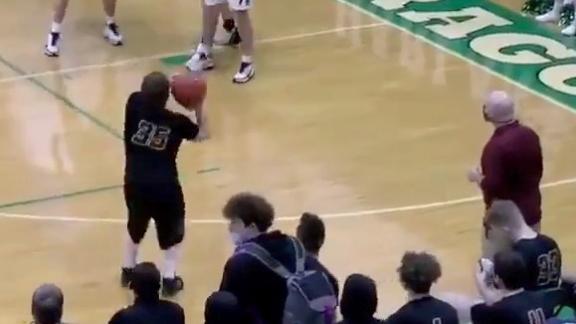Throughout the preseason we were all in a tizzy, asking ourselves, how are the refs going to affect the lines? What are bookmakers doing to account for mistakes? How are bettors going to take advantage?
The standard response, from bookmakers and bettors alike, was, "The bad calls impact both teams, we don't really need to make adjustments."
Then, of course, the season started. And the refs called nearly half a dozen pass interferences on the Cards in the final minutes of Week 1, practically begging the driving Seahawks to score (and cover). And they called a suspect offensive pass interference against the Ravens, negating a touchdown that would have sealed a win against Philly. Suddenly, to borrow a phrase, we had irrefutable video evidence that maybe there was some kind of advantage to be had from a betting perspective.
Early this week I called Warren Sharp to ask him if he had seen any trends. Sharp is a capper who runs the site sharpfootballanalysis.com. He is steeped in metrics and numbers, a byproduct of his professional life spent as an engineer. Mostly he has made his name touting over/unders, but he is also someone who provides deep info to a bevy of wiseguys betting very big dollars, including regular Behind The Bets podcast guest and very big dollar bettor, Krack. Specifically, I wanted Sharp to tell me if I should be including replacement ref factors as part of any handicapping analysis. This was on Tuesday night; I gave him until Thursday morning to tell me if my theory was bunk or legit.
Before the math purists start tweeting at me, I understand we are dealing with a very small sample size in just two weeks' worth of games. But I do think there is a danger in waiting too long to identify and then act on any emerging trends in the betting markets. If Sharp knows them, and I know them, then I guarantee the wiseguy and bookmaking communities know them, too. Which means any advantage is going to last as long as Gangnam Style (remember the Macarena?). If it isn't gone already.
Taking these stats with that very big grain of salt, here is some of what Sharp discovered (along with his own database, he credits footballdb.com and teamrankings.com for helping him put together the data):




